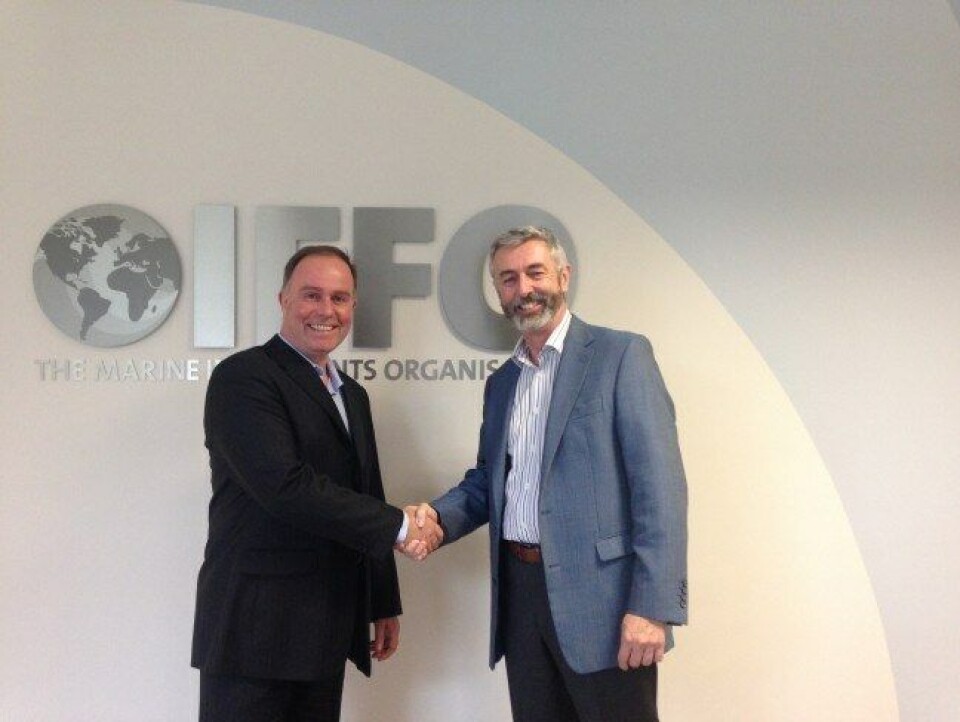
Forage fish research welcomed
A new research project by the University of Washington, led by Professor Ray Hilborn, has been launched to refine and expand some of the initial work already done on the management of forage fish stocks.
IFFO, the trade association for the global marine ingredients industry, will be supporting the project, and has agreed to provide information to support the research and financial assistance towards the costs incurred.
Dr Neil Auchterlonie, IFFO’s Technical Director, told Fish Farming Expert: “This is a tremendously exciting project. Good science is essential to inform the evidence base for the continuing sustainable management of the fish stocks that provide the supply of fishmeal and fish oil across the IFFO membership. We look forward to the delivery of this project and the contribution it will undoubtedly make to improved understanding of predator-prey interactions in forage fish stocks. Professor Hilborn and his team are well placed to provide a first-class analysis of the subject.”
The industry has demonstrated its commitment to fishery management through the widespread uptake of third party certification and believes in investing in good science as the basis for the best management of forage fish stocks. Although much of the raw material supply for the marine ingredients industry is now from by-products from fish processing, it still relies for its long term future on responsibly managed capture fisheries.
These fisheries are typically small, bony fish that have little or no market for human consumption but are also recognised as being food sources for marine mammals, birds and other predators, becoming known as forage fish. Predator/prey relationships are complex and not well understood and, as fishery management moves away from single stock assessments to a more ecosystem-based approach, it is important that decisions on harvest levels are decided based on good science and up to date economics.
Professor Hilborn has called together a group of the most eminent scientists in this field to undertake a two year study of the main commercial forage species, reporting in 2017, and IFFO looks forward to the findings of this project.




















































